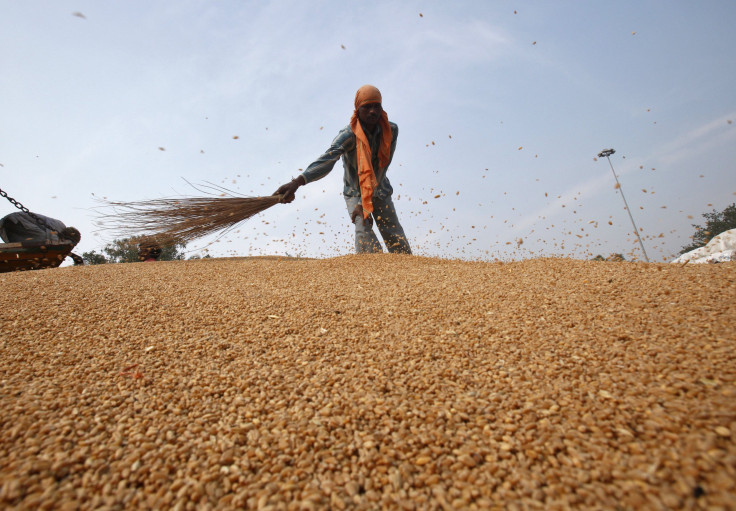India, US To Focus On Agriculture, IP, Services And Promoting Investment, After WTO Truce

NEW DELHI -- Fresh from a compromise on a long-running impasse over a WTO pact, India and the United States said on Tuesday that they will set up a new technical dialogue to increase cooperation in areas ranging from animal health to manufacturing to traditional medicine.
In a carefully worded joint statement that gave few specifics, the two countries said that they sought to “enhance bilateral trade and investment ties in a manner that promotes economic growth and job creation.” The statement was issued at the end of talks between India’s minister for commerce and industry Nirmala Sitharaman and U.S. Trade Representative Michael Froman. Tuesday’s talks focused on four key areas -- agriculture, services, manufacturing and intellectual property, the statement said.
The two countries said that they would “increase engagement on services and investment issues,” and, addressing a key sticking point for businesses in both countries, the statement also said that the U.S. “took note of India's interest in ensuring easier access for Indian professionals in the United States.” Indian companies, especially in the technology sector, have lobbied for an easing of visa restrictions on Indian software professionals traveling to client sites in the U.S.
It added that the two sides “agreed to exchange information on international standards" with a focus on "procedures for testing, packaging, and labeling requirements.” Another area where the two countries said they would “facilitate further engagement,” included traditional Indian medicine.
These talks come soon after the two countries announced they had reached a breakthrough in resolving their differences on issues related to food security, which had been holding up the implementation of a global trade pact that had been agreed to at the WTO summit in Bali, Indonesia, last year.
India had sought assurances that its domestic food security program, which involves public stockholding of food, would not be affected by the rules of the world trade body. Typically, India’s food security program involves procuring food grains from local farmers at prices above market rates and stockpiling a portion of it to avert shortages. The U.S. has effectively agreed to extend so-called “peace clauses” indefinitely, so as to reach a truce with India on the matter.
On Monday, Froman had said that the U.S. wants to “step up” trade dialogue with India. On Friday, the two countries announced that U.S. President Barack Obama had accepted an invitation from India’s Prime Minister Narendra Modi to be the chief guest at India’s Republic Day function on Jan. 26 next year.
© Copyright IBTimes 2024. All rights reserved.











